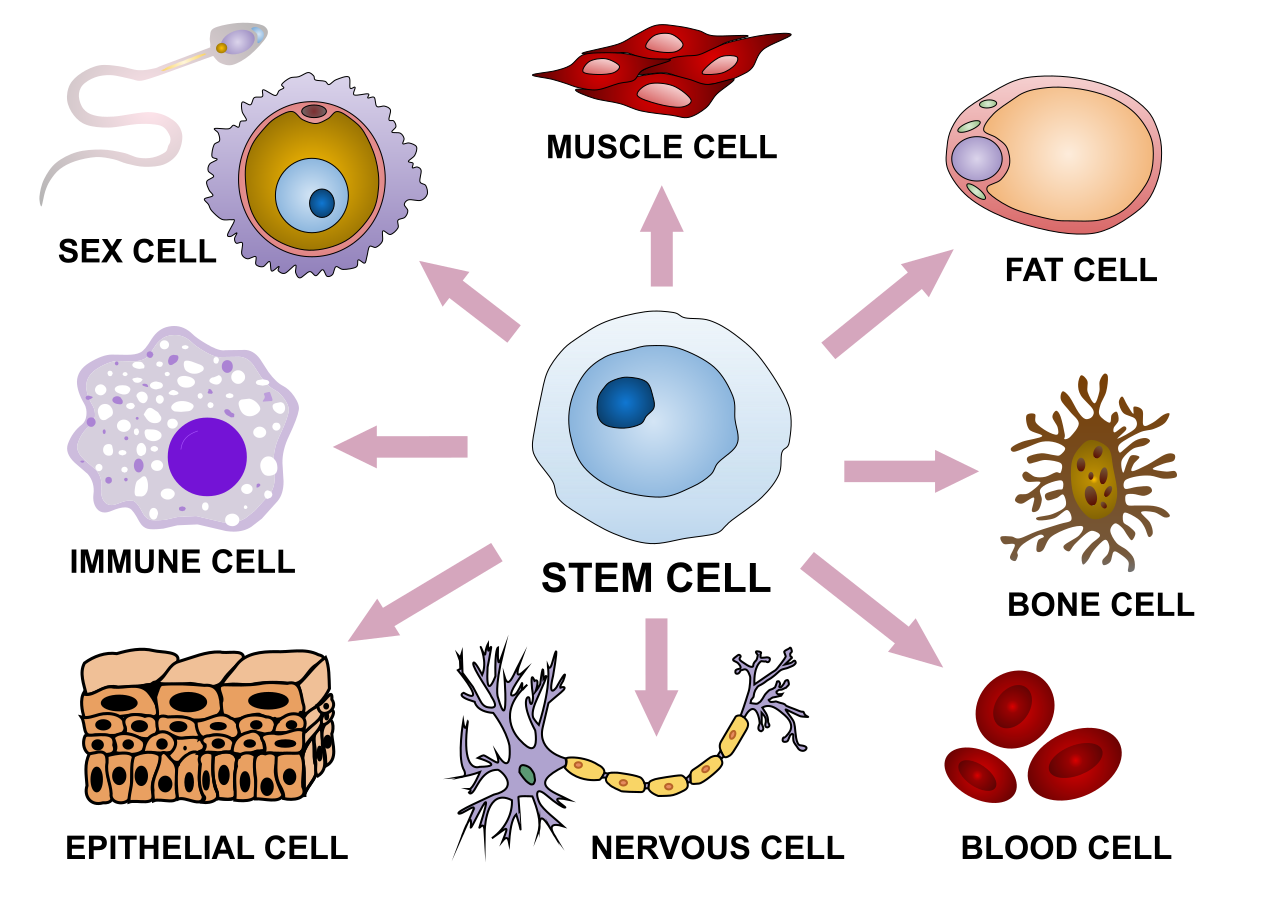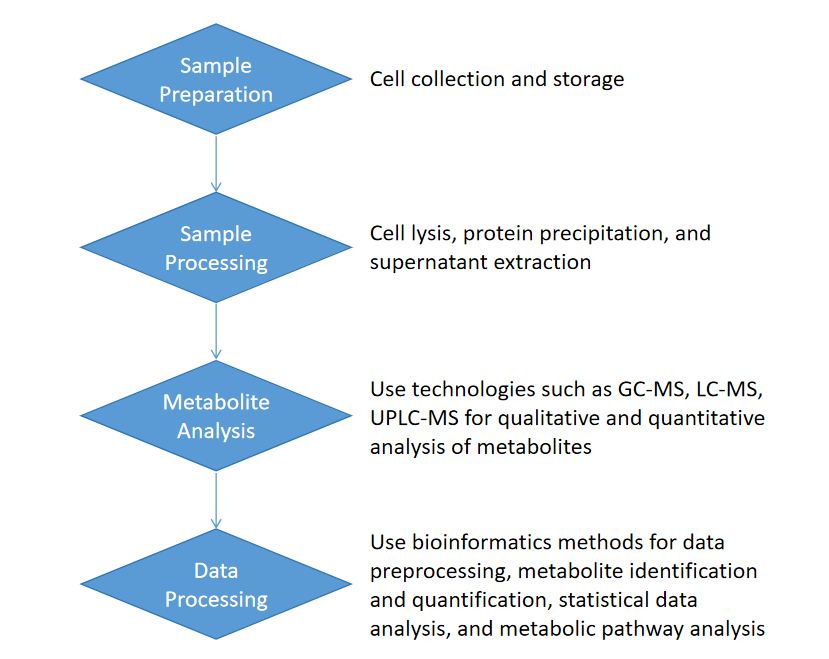Cell Metabolomics Service
Cell metabolomics accurately maps the biomolecular changes within cells and their surrounding environments under regulatory conditions, reflecting the biological system's response to genetic and environmental changes. By analyzing the small molecules within cells, metabolomics reveals the unique biochemical fingerprints of cells, which play crucial roles in cellular function and physiological state, and provide essential information for deciphering cell phenotypes. Due to their controllability and interpretability, cell models have become the preferred choice for studying disease mechanisms, drug responses, and treatment resistance.
The network structure of cellular metabolism allows us to monitor the flow of energy and materials through biochemical pathways via a series of complex regulatory mechanisms. Metabolomic studies enable the identification of specific metabolites as biomarkers, distinguishing between normal and abnormal cellular states, and responses to drugs or environmental stresses. A comprehensive analysis of cellular metabolic characteristics can provide a more complete understanding of specific cell types under various conditions regarding their phenotypes and functions.

Figure1. Different Cells Differentiated From Stem Cells
Services at MtoZ Biolabs
MtoZ Biolabs offers comprehensive solutions for cell metabolomics by identifying endogenous small molecules and revealing the interactions of various biological pathways in living cells, supporting researchers and businesses in accelerating scientific discovery and applications. Here are the details of the cell metabolomics solutions we provide:
1. Cancer Cell Metabolic Characterization
Using metabolomics to explore the specific metabolic pathways of cancer cells, discovering disease-related changes, and new potential biomarkers.
2. Cell Drug Response Studies
Compared to animal models and human trials, cell models offer cost-effective and controllable advantages in drug research, helping to identify specific metabolic markers of drug action.
3. Cell Metabolism Studies under Environmental Impacts
Analyzing metabolic changes in cells under different environmental conditions to understand their response to biotic and abiotic stresses.
4. Antioxidant Activity Evaluation
Assessing the neutralizing capacity of exogenous antioxidants against excess free radicals through metabolomics, enhancing therapeutic strategies in the medical field.
5. Cell Toxicity Response Studies
Using metabolomics spectra to model and differentiate between potentially non-toxic and toxic drugs, revealing the toxic mechanisms induced by drugs, and protecting human health from potential drug harm.

Figure2. Cell Metabolomics Analysis Workflow
Service Advantages
√ Multi-platform technology combination
√ Can cover more types of metabolites
√ Professional data processing process
√ Improve data accuracy and reliability
√ Rich bioinformatics analysis
√ Assist metabolic pathway and network analysis
Sample Submission Requirements
1. Cell types: somatic cells, embryonic stem cells, induced pluripotent stem cells (iPSCs), and mesenchymal stem cells, all suitable for the aforementioned studies.
2. Cell quantity: at least 10 ^ 6; Sample storage: frozen at -80℃.
If you want to know more information, feel free to contact us anytime!
How to order?







